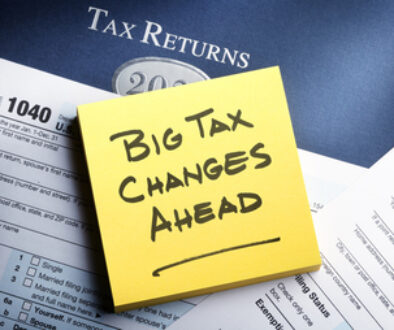Cash Balance Plan: Right for Your Business?
People nearing retirement appreciate cash balance plans because the annual contribution limits are far higher than IRA or 401(k) plans, giving people light on retirement savings a quicker way to save for their golden years.
Like traditional defined benefit plans, employers put money in the fund. But unlike traditional pension plans, where payouts are structured as monthly payments that begin at retirement, cash balance plans make annual or lump-sum payments based on a hypothetical account composed of employer contributions and guaranteed interest credits hovering at around 5 percent.
Cash benefit plans are becoming increasingly popular with small business owners and professionals in private practice who are approaching retirement with underfunded 401(k) and other retirement accounts. Here’s why:
- Cash balance plan annual contribution limits are higher than some other retirement account maximums, including 401(k) plans.
- Cash balance plan investments are managed by employers or investment managers, but payouts are not directly affected by increases and decreases in the plan’s value. In 401(k) accounts, participants pay the price for their investment decisions.
- Cash balance plans are typically insured by the federal Pension Benefit Guaranty Corporation, which picks up some pension payments if the plan is terminated or can’t pay promised benefits.
By 2015, almost 10,000 cash balance plans had been launched in the U.S., approaching $1 trillion in assets. About half the cash balance plans have been adopted by small companies and professional groups with 10 or fewer employees. If you’re looking for a good plan for your small business, consider a cash balance plan.
© Your CFO LLC 2025




